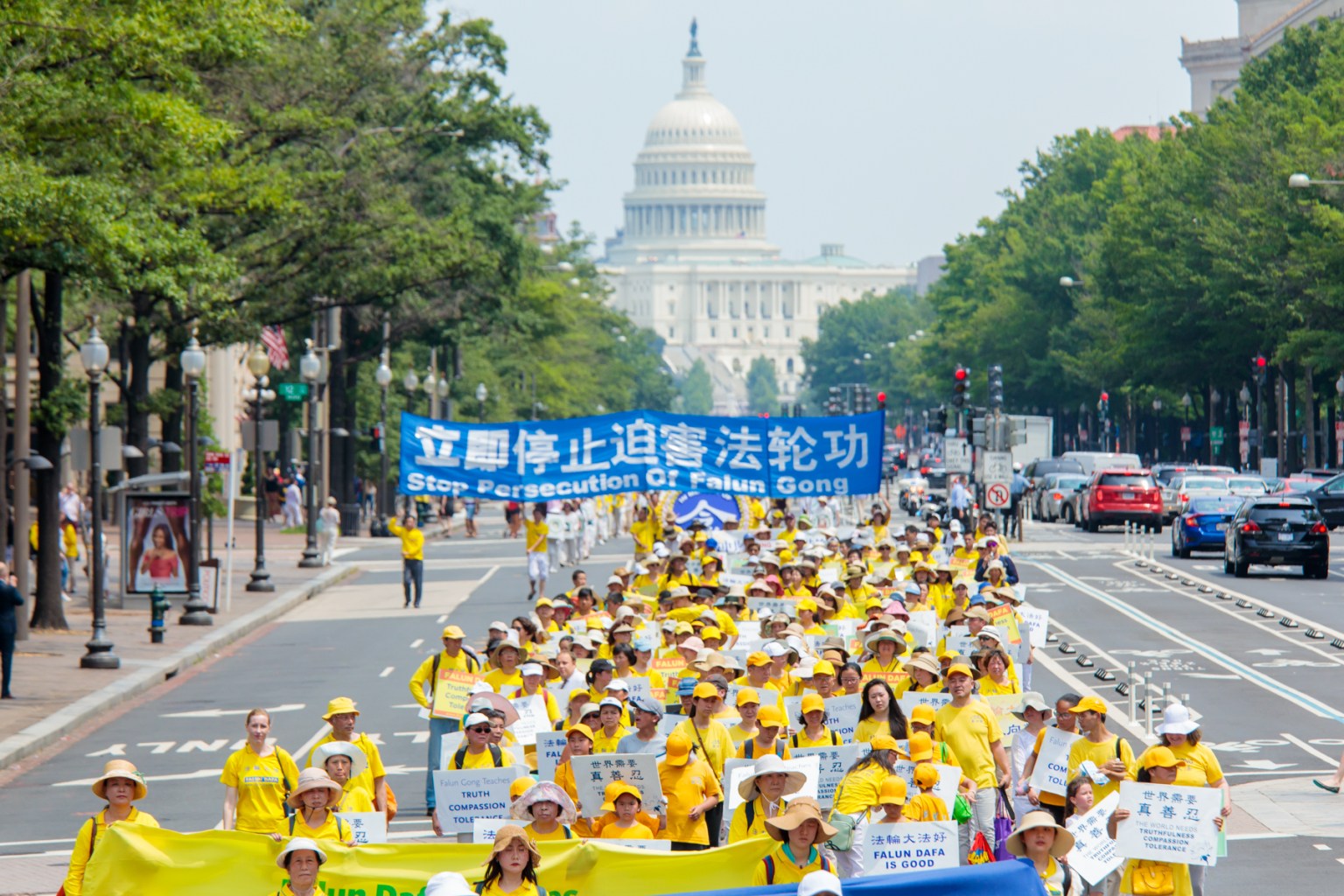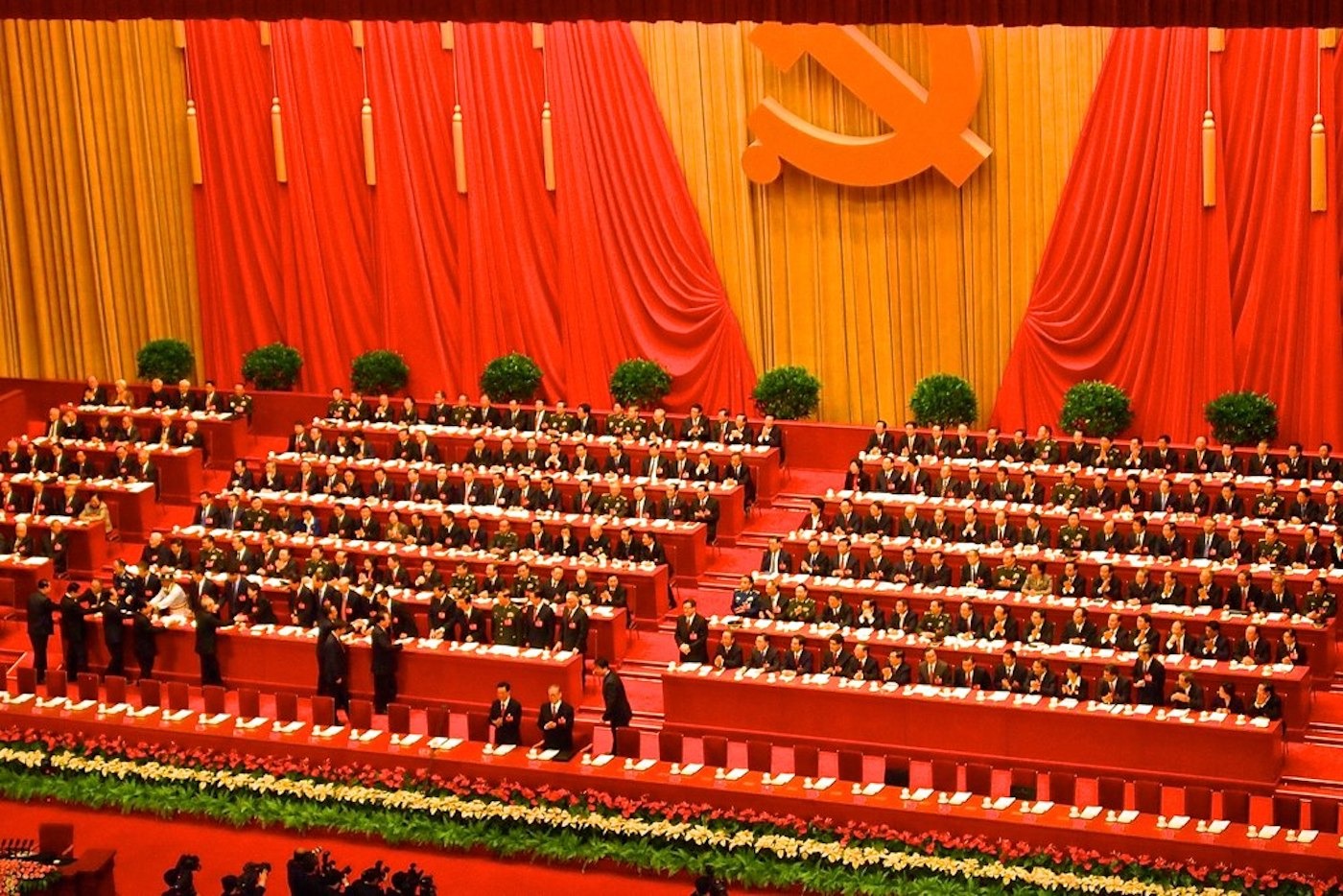




The issue of forced organ harvesting in China, the exploitation of Uyghur forced labor, and the persecution of Falun Gong practitioners have gained further attention as lawmakers in Idaho and Arizona have approved legislation to address these grave human rights violations [fb395c81]. The Idaho bill aims to prohibit health insurers from covering organ transplants or related care conducted in China or any country involved in forced organ harvesting. Similarly, Arizona's legislation, known as the Arizona End Organ Harvesting Act, would allow insurers and the state's Health Care Cost Containment System to limit coverage for organ transplants or post-transplant care if the procedures take place in China or Hong Kong [fb395c81]. These state-level initiatives complement federal efforts, including a House bill proposing sanctions against individuals involved in forced organ harvesting. The testimonies of individuals affected by forced organ harvesting have played a crucial role in propelling these legislative efforts [fb395c81].
The Uyghur Forced Labor Prevention Act (UFLPA) aims to prevent goods produced with Uyghur forced labor from entering US markets. Since its enactment, enforcement has been challenging due to ongoing exploitation by the Chinese Communist Party (CCP) [d1f24c1a]. To enhance the UFLPA's effectiveness, Washington should implement comprehensive sanctions, expand the UFLPA Entity List, and work with other countries to adopt similar measures. Fines for repeat offenders, reexport restrictions, and stronger sanctions are recommended. Additionally, international cooperation and support for Uyghur survivors are essential to address the ongoing genocide and crimes against humanity committed by the CCP [d1f24c1a].
The passage of the Idaho and Arizona bills reflects a growing consensus on the need to combat forced organ harvesting and protect human dignity. They demonstrate a commitment to holding accountable those involved in this egregious violation of human rights [fb395c81]. However, the implementation of the UFLPA faces challenges in effectively preventing goods produced with Uyghur forced labor from entering US markets. Ongoing exploitation by the CCP necessitates comprehensive sanctions, expansion of the UFLPA Entity List, and international cooperation to address the ongoing genocide and crimes against humanity committed against the Uyghur people [d1f24c1a].
The U.S. House of Representatives unanimously passed H.R. 4132, also known as the Falun Gong Protection Act, on June 25 [5bb56e7a]. The bill, introduced by Rep. Scott Perry alongside 18 bipartisan members, aims to combat the human rights abuses inflicted on Falun Gong practitioners in China. Falun Gong is a meditation discipline that has faced persecution by the Chinese Communist Party (CCP) since 1999. The bill recognizes the widespread forced organ harvesting of Falun Gong practitioners and instructs the Secretary of State to determine if the persecution qualifies as a crime against humanity or genocide. It also mandates a comprehensive report on China's organ transplant policies and practices, along with strict sanctions. The bill now awaits action in the Senate [5bb56e7a].
Uyghur-American politician Salih Hudayar has accused China of engaging in the alleged trade of 'Halal Organs' harvested from Uyghur Muslims as part of the ongoing Uyghur Genocide [a10cba16]. In March, experts claimed that Chinese authorities had gathered genetic information from the Uyghur minority to support a forced organ transplant program aimed at attracting Muslim medical tourists from Gulf states. Various human rights organizations and testimonies have raised serious allegations of human rights abuses against Uyghurs and other Turkic Muslim minorities in China, including forced labor, mass detention, and forced organ harvesting. The allegations, valued at approximately USD 1 billion annually, demand thorough investigation and accountability. Due to limited independent access to Xinjiang and the secretive nature of the Chinese government, verifying these claims with concrete evidence remains challenging. International bodies and governments have called for investigations into these allegations, emphasizing the need for transparency and accountability from Chinese authorities. Advocacy groups continue to monitor the situation closely and push for international scrutiny to protect human rights and dignity for all affected individuals [a10cba16].
The United States has banned imports from five Chinese companies over alleged human rights abuses involving the Uyghurs. The companies include Hong Kong-based Rare Earth Magnesium Technology Group Holdings and its parent, Century Sunshine Group Holdings, as well as Zijin Mining Group Co subsidiary Xinjiang Habahe Ashele Copper Co. The companies were added to the Uygur Forced Labour Prevention Act Entity List, which restricts imports tied to what the US government characterizes as an ongoing genocide of minorities in China’s western Xinjiang region. The list now includes over 70 entities tied to various products. Chinese authorities have established labor camps for Uygurs and other Muslim minority groups in Xinjiang, according to US officials. Beijing denies any abuses. [9af5c2f3]